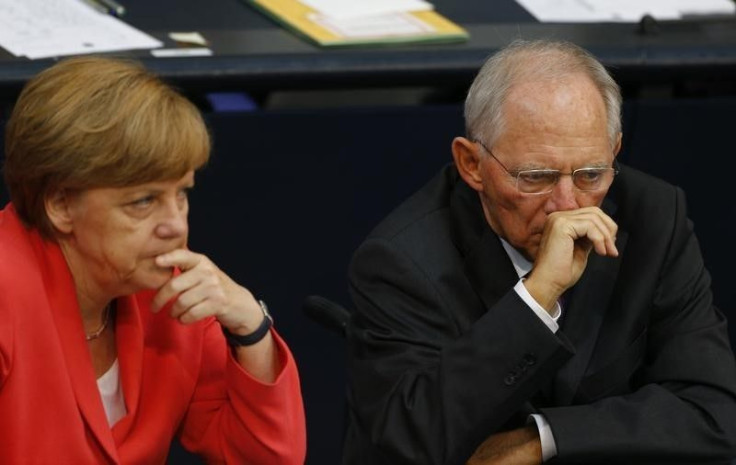German Farmers Blame Russian Embargo For ‘Mass Devaluation’ Of Products

German farmers have blamed the Russian embargo for the devaluation of their products. They said that agricultural producers in the country suffered significantly after Russia had imposed the embargo in response to European economic sanctions against it.
"The prices for agricultural products have dropped in all the industries, and it is especially related to the reduction of export to Russia,” Russian news agency Pravda.ru quoted Joachim Rukwied, President of the German Farmers Union, as saying. “Our export to Russia decreased two times.”
According to Rukwied, German farmers are experiencing “mass devaluation” of their products due to Russia’s restrictions. Moscow extended the list of countries for a food import ban, including Liechtenstein, Albania, Montenegro and Iceland.
Meanwhile, the Russian Prime Minister Dmitry Medvedev said that Ukraine would also be included in the list if Kiev signs an economic agreement with the European Union in 2016.
"Joining the sanctions is a conscious choice which means readiness for retaliatory measures from our part, which have been adopted," The BBC quoted Medvedev as saying.
Russia started destroying food products from banned countries earlier in August. It burnt boxes of bacon and steamrolled fruit, offending anti-poverty campaigners, who argued that the food could have been used to feed the hungry.
The European Union and the U.S. imposed sanctions on Russia over its annexation of the Crimean peninsula. The action was also taken over Russia’s alleged involvement in the political turmoil in eastern Ukraine.
In response, Russia also imposed ban on various European countries. It also banned some products from non-European countries like Canada, Australia and the U.S. in August 2014.
© Copyright IBTimes 2024. All rights reserved.





















